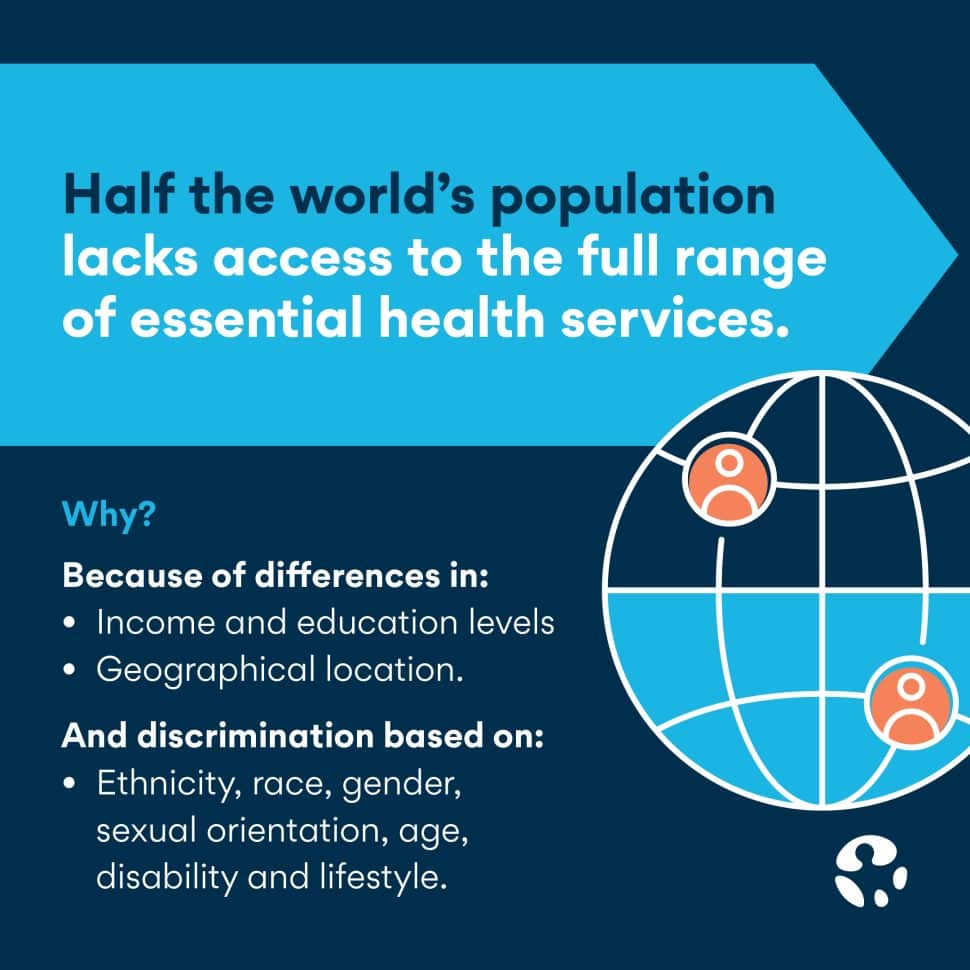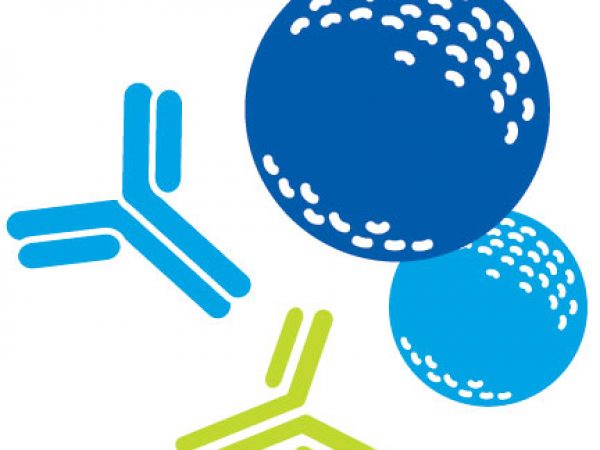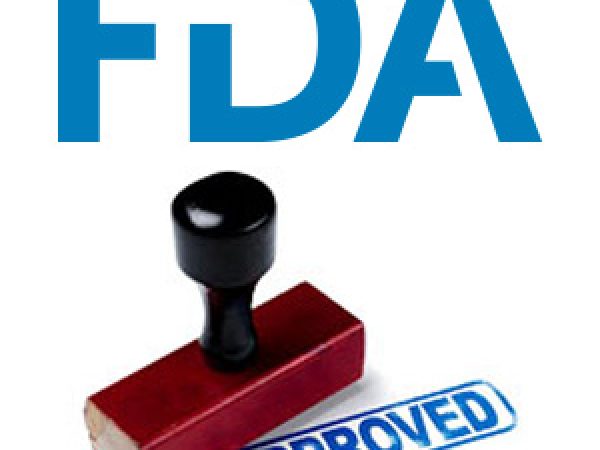AACR Shares Mission of World Cancer Day: Ending Disparities
World Cancer Day is February 4, 2023. This annual initiative by the Union for International Cancer Control (UICC) aims to raise awareness and education about cancer. This year is the second year of a three-year campaign titled “Close the Care Gap.”
This week, the UICC released the World Cancer Day Equity Report, in which cancer experts from around the world discussed the cancer burden in their home countries. Among the report’s findings: In Nigeria, only about 20 percent of children diagnosed with cancer survive their disease, compared with 80 percent in high-income countries. Countries like Brazil and Mexico lack a central cancer registry, limiting researchers’ ability to conduct studies and generate data. In Malaysia, the COVID-19 pandemic exacerbated existing gaps in cancer care, and nearly halted HPV vaccination efforts. Even in Sweden, a nation lauded for its health care system, cancer mortality is significantly higher among people with less education. All told, half the world’s population cannot access essential health care services.

Shining a light on these disparities on World Cancer Day dovetails with the mission, vision, and goals of the American Association for Cancer Research (AACR). AACR and UICC share the view that cancer health disparities must be considered and addressed in their broadest meaning and context. We are committed to accelerating the pace of research to address the disparities across the cancer continuum faced by racial and ethnic minorities and other medically underserved populations. We are also dedicated to increasing public understanding of cancer health disparities.
To this end, the AACR continues to be at the forefront of cancer health disparity research. Here’s a look at some of our key initiatives in this area:
- From September 16 to 19, 2022, in Philadelphia, AACR convened its 15th Conference on the Science of Cancer Health Disparities in Racial/Ethnic Minorities and the Medically Underserved. The aim of the conference is to promote the exchange of novel ideas, discuss the latest findings in the field, and stimulate the development of new research on cancer health disparities. Among the topics addressed this year were the disproportionate difficulties that certain communities faced in accessing cancer care during the COVID-19 pandemic—both within the U.S. and abroad. Notably, the conference also featured a session dedicated to Global Disparities: A Global Approach to Understanding the Generative Mechanisms Underpinning Cancer Health Disparities.
- The AACR Cancer Disparities Progress Report 2022 highlights areas of recent progress in reducing disparities. It also emphasizes the vital need for continued transformative research and for increased collaborations among all stakeholders working toward the bold vision of health equity if we are to ensure that research-driven advances benefit all people, regardless of their race, ethnicity, age, gender, sexual orientation, socioeconomic status, or geographic location.
- The AACR is also working to diversify the scientific work force through a large and growing number of career development research grants. The AACR-Genentech Cancer Disparities Research Fellowships provide two-year grants to support postdoctoral or clinical research fellows as they conduct cancer disparities research, with the goal of helping them establish successful career paths in this field. Our grants programs strive to augment the AACR’s efforts to cultivate a strong, diverse scientific work force. In the past few years, we have also partnered with the Lustgarten Foundation, Bristol Myers Squibb, and the Breast Cancer Research Foundation on career development grants. For further information on these grant programs, plus a list of all AACR funding opportunities, please see our website.
- In October 2022, the Bristol Myers Squibb Foundation, together with Virginia Commonwealth University, the AACR, and Gilead Sciences Inc., announced the 64 recipients of the Robert A. Winn Diversity in Clinical Trials Career Development Award. This program trains, develops, and mentors early-career, diverse, and community-oriented clinical trialists and medical students and introduces them to the principles of effective clinical trial design and community engagement. Participants are encouraged to devote all or a portion of their future careers to some aspect of clinical research in underrepresented populations. The program has now enrolled 116 awardees in its first two years.
- For more than 20 years, the AACR’s Minorities in Cancer Research (MICR) membership group has supported the professional needs of racially and ethnically diverse cancer researchers. Today, MICR has more than 7,000 members who strive to increase the number, participation, visibility, and recognition of minority scientists in the cancer research field and within the AACR.
- The AACR Global Scholar-in-Training Awards program provides material support for early-career researchers from low- and middle-income countries to attend the AACR Annual Meeting. As part of the competitive, peer-reviewed program, GSITA applicants develop plans to indicate how they will use the knowledge gained at the Annual Meeting to improve cancer-related health care in their home countries.
- In 2021, the AACR launched AACR on Campus, a global outreach program that will provide continuing education at cancer centers around the world. AACR on Campus draws upon locally relevant perspectives to educate providers on the latest advances in cancer research. The first session, held virtually due to the pandemic, focused on implementation science in Latin American nations. Planning is underway for AACR on Campus programs in Brazil and India.
- The AACR’s 10 peer-reviewed journals routinely publish disparities research. Today, to mark World Cancer Day, Cancer Discovery, one of AACR’s 10 peer-reviewed journals, published a commentary by a new group within the UICC, the Access to Oncology Medicines (ATOM) coalition. ATOM’s aims are to bring essential cancer treatments to patients in low- and middle-income countries. “We are optimistic that within our lifetime we can end unjust and unnecessary differences in access to cancer care within and between our countries, leaving no one behind,” the authors wrote.
Capturing the spirit and aspirations of the 2023 World Cancer Day, Margaret Foti, PhD, MD (hc), chief executive officer of the AACR, and Lisa Newman, MD, MPH, chair of the AACR Cancer Disparities Progress Report 2022 Steering Committee, have observed that “cancer health disparities are a complex and multifaceted problem. Therefore, addressing disparities will require a multidisciplinary and collaborative approach. By combining diverse and distinct domains of expertise, we will achieve a greater understanding of the confluence of factors associated with this public health challenge, the underlying causes, and best approaches for intervention.”
This sentiment is at the core of World Cancer Day’s pledge to “Close the Care Gap.” We are proud to stand with UICC on this important mission.


